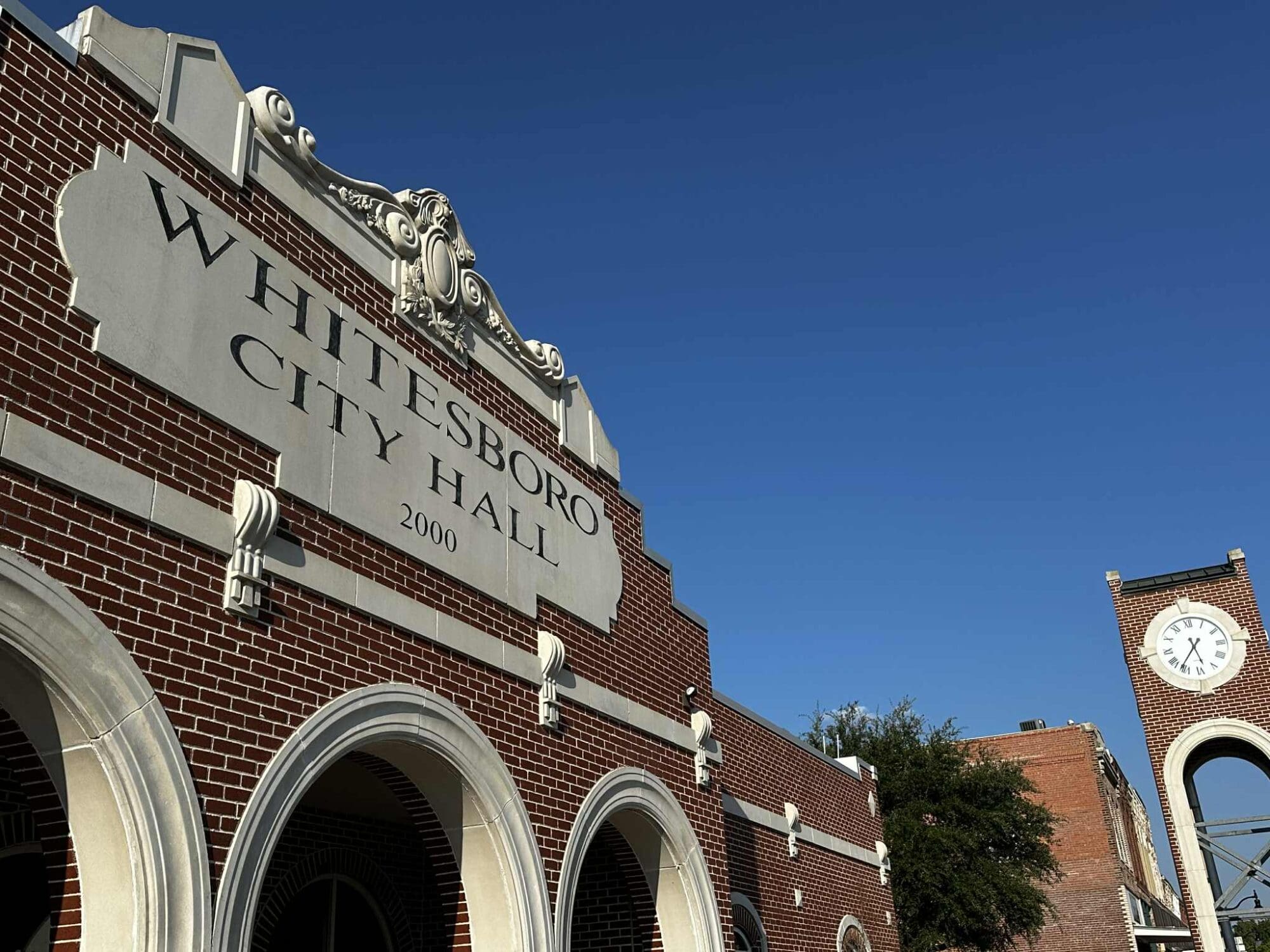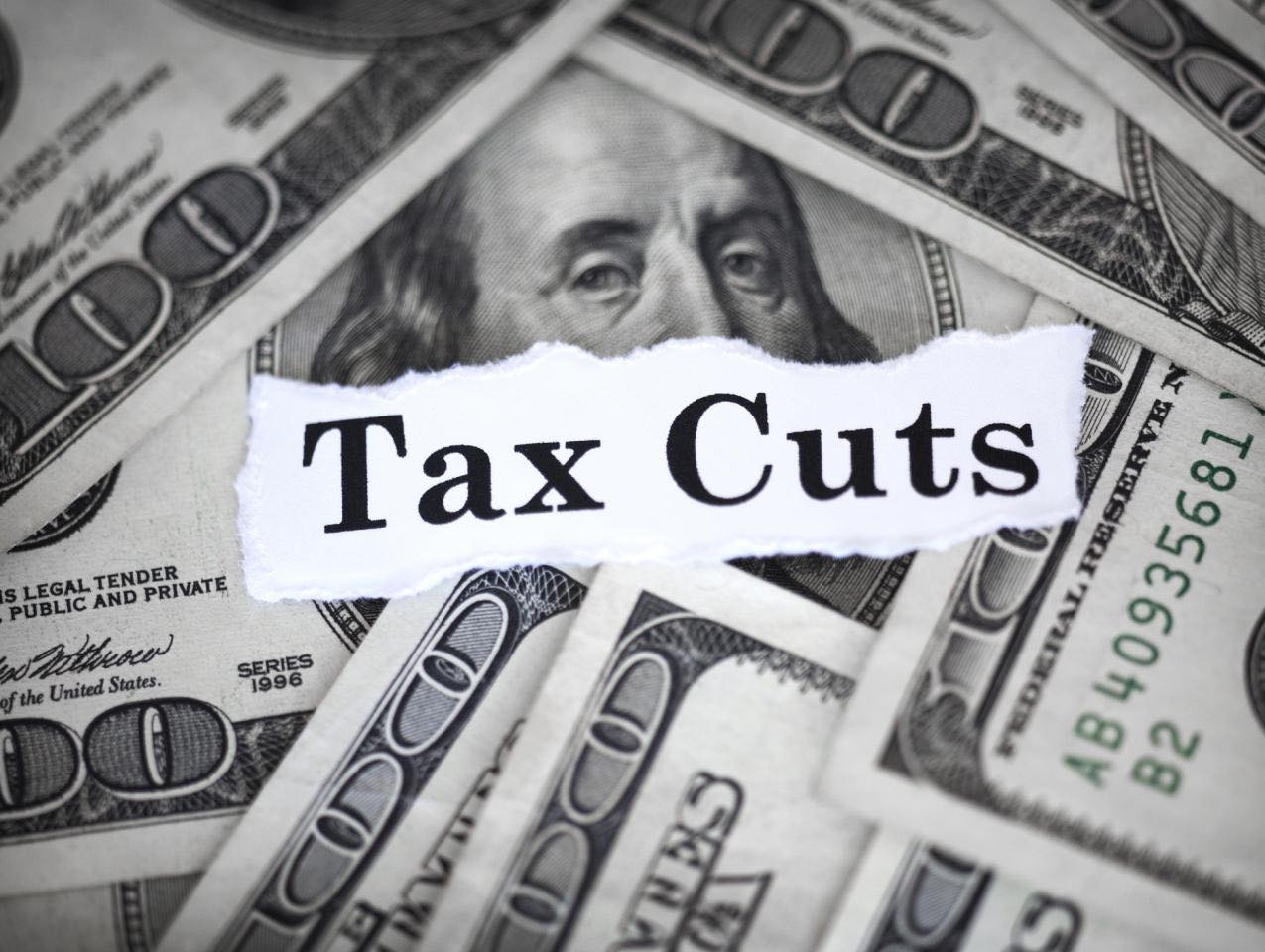The Legislative Budget Board meeting scheduled for Thursday, January 4 has been postponed to Thursday, January 11, apparently to give legislative leaders more time to chat with members about the setting of the spending limitation pursuant to the Constitution. TFR has aske d the LBB to use growth in gross state product (GSP) instead of growth in personal incomes when setting this cap in a letter that was included in our previous post on this subject.Â
d the LBB to use growth in gross state product (GSP) instead of growth in personal incomes when setting this cap in a letter that was included in our previous post on this subject.Â
Indeed, it would be some consolation for fiscal conservatives if the LBB were to make this change, even if the Legislature goes on and votes to bust the cap for the purpose of "spending" money to buy down local school property taxes. While the LBB could always go back to using personal incomes in the future, it would create the inertia of precedent. Moreover, the main drawback to voting to bust the cap, even for property tax relief, is that it sets a new, higher threshold for future spending, which future Legislatures that may be less fiscally conservative could use as license to spend more money on government programs. This danger would be lessened by switching to GSP since at least the new threshold would be augmented at a lower rate. In the 2008-09 biennium, personal incomes are projected to grow at 11 to 12 percent while GSP will grow at about half that rate.
Fortunately, there are several alternatives to voting to bust the cap that would have the effect of making clear that tax cuts do not count as spending. Since constitutionally dedicated funds are exempt from the spending limitation, the Legislature could submit to the voters in March a constitutional amendment creating a constitutionally dedicated fund for school property tax relief. Another alternative would be an amendment that would add language to the spending limitation clarifying that appropriations directed towards buying down local taxes do not count as spending for the purposes of the limitation.
Of course, there is still much legal doubt as to whether a constitutional change is absolutely necessary. The 1978 amendment that contained the spending limitation was part of the "Texas Tax Relief Act," making it hard to believe that the authors and voters intended that it would be barrier to tax relief. Moreover, in a current suit concerning the spending limitation, a Travis County district cout ruled that taxpayers lack standing to sue to enforce it, so it is not clear who, if anyone, could challenge a legislative determination that tax cuts don't count as spending, particularly given that the amendment as currently worded states that the Legislature, not the courts, shall implement it.
At the end of the day, the worst possible outcome for long-term precedent would be if the LBB does not fix its method for calculating the spending limitation and the Legislature votes to bust the cap. If they are going to bust the cap anyway, why not use this opportunity to first fix it for the future. Let's hope the LBB takes the first step towards doing that on January 11.



